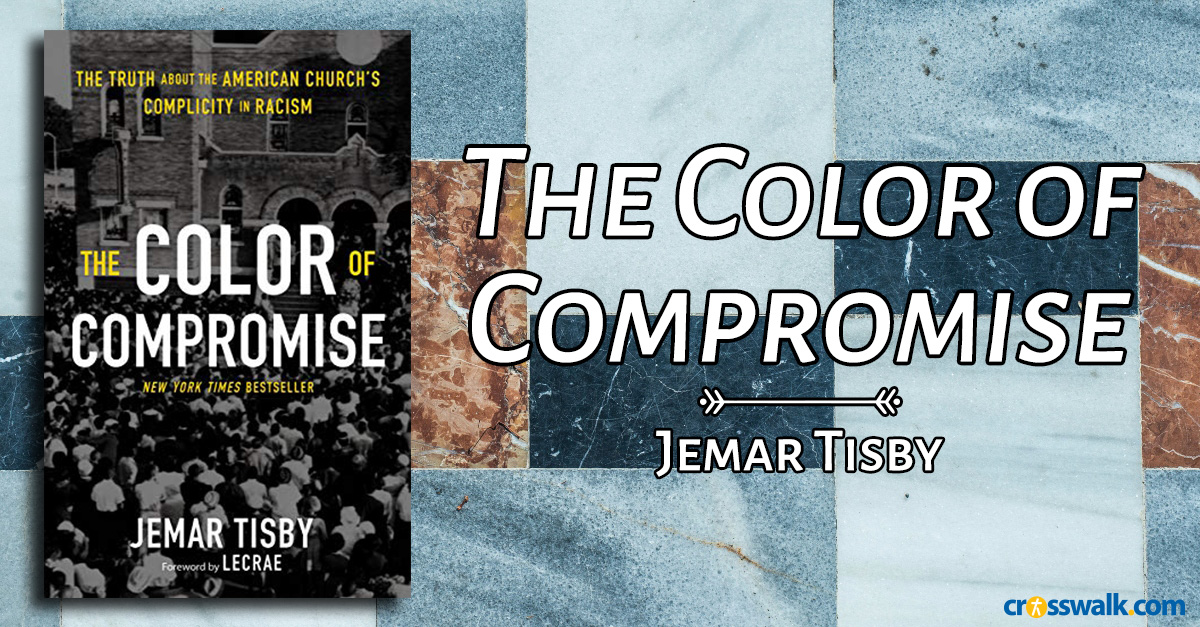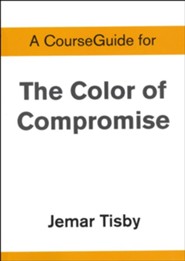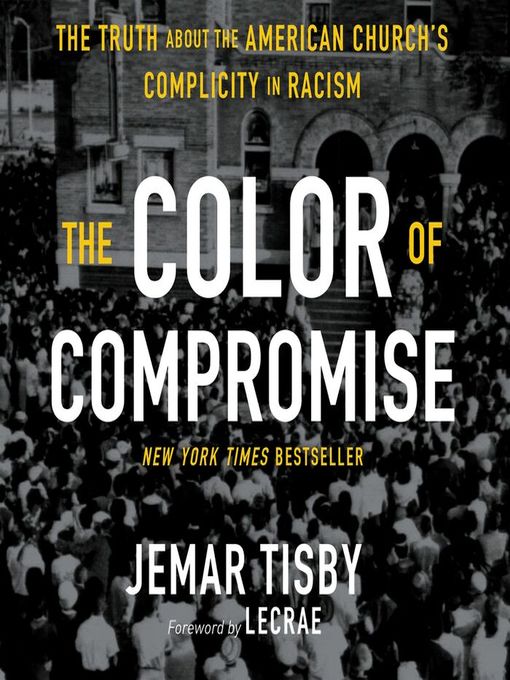

Vangelical Christian publishing has historically catered to white evangelicals. To understand whether this is a historic fluke or a real reckoning moment requires a longer view. Neither does focusing solely on the events of 2020. “I’ve seen really strong and consistent progress.”īut the narrative that publishers paved the way for American evangelicals to focus on racism doesn’t tell the whole story. “We had been moving in this direction for many years to bring in more voices of color,” said Stan Jantz, president of the Evangelical Christian Publishing Association. But none of them became bestsellers until Tisby in 2020.Īccording to industry insiders, this lightning-strike success is the result of a generation of preparation. They have also produced a long list of books on racial justice. Publishers including Zondervan, Baker, Moody, Multnomah, Thomas Nelson, Whitaker, WaterBrook, B&H, The Good Book Company, and InterVarsity Press have a long list of authors of color that they have published over the past two decades. That’s an incredible feat-even more remarkable considering that Tisby is only the fifth Black author to make it onto the evangelical bestseller list and his is the only book about racism to ever win the 100,000-sales award.

The first-time author’s year-old book landed on The New York Times Best Seller list that June and cracked the Evangelical Christian Publishers Association’s 100,000-sales mark in October. Sales numbers show that the Madison church leaders weren’t the only ones turning to Tisby in 2020. Anderson organized a group of 27 ministers from 19 congregations to read the book and discuss ways to channel “the pent-up energy around racial justice into our congregations and our community in tangible ways.” Jemar Tisby’s history of racism in the American church, published by Zondervan, came as the perfect answer. “We had just had one of the largest marches in state history for racial justice,” Anderson said, “and I was hearing from church leaders: ‘What do we do now?’ ” As the executive director of Collaboration Project, a ministry that connects local churches for the well-being of their city, he was searching for something to help pastors in Madison, Wisconsin, in the summer of 2020.


Jon Anderson found The Color of Compromise at just the right moment.


 0 kommentar(er)
0 kommentar(er)
